
Tag Archives Agricultural soil science
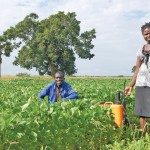
Can conservation agriculture save Africa’s soils?
Adoption rates are slow, but it may be the continent’s best — and last — hope
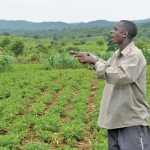
Dropping the hoe and doubling the yield
Minimum tillage makes for dramatic improvements for this family in Malawi
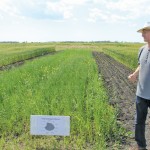
Will it be chess or checkers?
A researcher explores different ways of sustainably playing the farming game
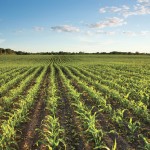
Grid planting does a better job at shading out weeds says researchers
Now you just need to figure out how to plant that way
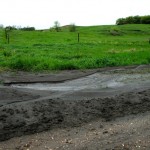
Editorial: Changing how we think

Weeds and weather woes included
A new card game aims to meld farming with fun, while teaching kids a little bit about how agriculture works in Manitoba
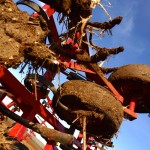
Saline soils, plant growth problems linked to tillage practices
Research on saline soils underway, but at least one cause points to over-tilling

Agricultural Hall of Fame: Robert McNabb
Five new members of the Manitoba Agricultural Hall of Fame were inducted July 17 at a ceremony in Portage la Prairie. We’re featuring a new inductee each week
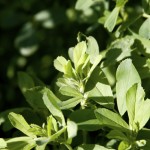
Editorial: The third option
Trials have shown adding a perennial forage to your crop rotation can be effective weed control

Manure improves organic forage-grain crop production
‘Experimental lakes of agriculture’ find organic crops can produce on par with conventional crops




